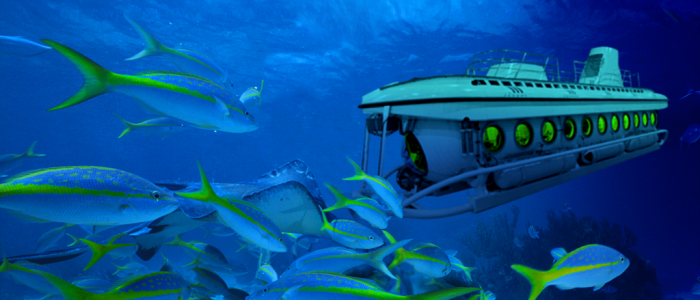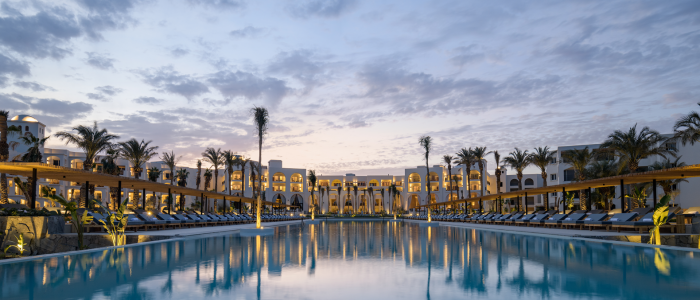 RECOGNITION
RECOGNITION| Total Quality Management System (ISO 9001) | The ISO 9001 family of standards relate to quality management systems and are designed to help organizations ensure they meet the needs of customers and other stakeholders. The standards are published by ISO (the International Organization for Standardization) and are available through international standards bodies. ISO 9001 deals with the fundamentals of quality management systems, including the eight management principles on which the family of standards is based. ISO 9001 deals with the requirements that organizations wishing to meet the standard have to full. |
| ENVIRONMENTAL MANAGEMENT SYSTEM (ISO 14001) | The ISO 14001 environmental management standards exist to help organizations (a) minimize how their operations (processes, etc.) negatively aect the environment (i.e. cause adverse changes to air, water, or land); (b) comply with applicable laws, regulations, and other environmentally oriented requirements; and (c) continually improve with regard to the above. ISO 14001 is similar to ISO 9001 quality management in that both pertain to the process of how a product is produced, rather than to the product itself. As with ISO 9001, certication is performed by third-party organizations rather than being awarded by ISO directly. The ISO 19011 audit standard applies when auditing for both 9001 and 14001 compliance at once. |
| OCCUPATIONAL HEALTH & SAFETY MANAGEMENT SYSTEMS (ISO 18001) | Occupational health and safety is a cross- disciplinary area concerned with protecting the safety, health and welfare of people engaged in work or employment. The goal of all occupational health and safety programs is to foster a safe work environment. As a secondary eect, it may also protect co-workers, family members, employers, customers, suppliers, nearby communities, and other members of the public who are impacted by the workplace environment. It may involve interactions among many subject areas, including occupational medicine, occupational (or industrial) hygiene, public health, safety engineering, chemistry, and health physics. |
| Food Safety Management System (ISO 22001) | ISO 22001 is a standard developed by the International Organization for Standardization dealing with food safety. This is a general derivative of ISO 9001. Food safety is linked to the presence of food-borne hazards in food at the point of consumption. Since food safety hazards can occur at any stage in the food chain it is essential that adequate control be in place. Therefore, a combined e ort of all parties through the food chain is required. |
| Crystal Silver Platter for Hygiene | The CRYSTAL Food Safety System assists hotels in producing safe and hygienic food for consumption by guests. Today this process is recommended by the World Health Organization and governments worldwide to ensure safe food hygiene. The system makes certain that all possible care has been taken to ensure that the food served in hotel restaurants is of the highest quality as regards food hygiene. |
| Thomas Cook & Neckermann Partner Hotel | Holiday is a matter of trust. From its extensive brochure Thomas Cook & Neckermann has selected some hotels whose cooperation and quality standard has served its clients best during long years of partnership. The Partner Hotel logo stands for Thomas Cook & Neckermann’s guarantee in quality, comfort and service. Sindbad is among the only two hotel groups in Egypt to be a Thomas Cook & Neckermann Partner Hotel. Thomas Cook & Neckermann is the second biggest Tour Operator in Germany and a subsidiary of Thomas Cook, Europe’s leading tour operator. |
| The Red Sea Governor’s Decree No. 283 | In recognition of his contribution to tourism, Mr. Mohamed Said, Founder of Credence, was honored by the Red Sea Governor’s Decree No. 283 for the year 2005 by naming Hurghada’s main airport road in the Touristic Center after him. |




